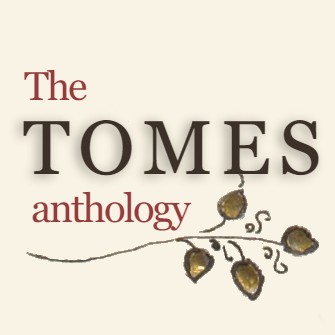Theme: Medieval Daily Life
Texts
Introduction
Middle English literature offers us glimpses into daily life in late medieval England. Some of the more pragmatic aspects of it can be gleaned from works like The Book of Margery Kempe. In the selection included here, Kempe, a member of the middle class in fifteenth century Norfolk, describes in some detail her attempts at establishing a brewing business. More about the culinary habits of the period can be gleaned from the medieval recipe collection included here known as The Forme of Cury (and you can learn about our attempts to try these recipes here: https://kristamurchison.com/teaching-projects/medieval-feast-2019/
From Hali Meiðhad we gain insight into the lives and literary culture of medieval women. In its aim of promoting enclosed religious life, this work paints a remarkably grim picture of the married life in the thirteenth century. The work also stands out as offering a (somewhat rare) depiction of sexuality in medieval England—a subject that was once largely ignored within academic communities but has become an increasingly important area of study.
Another important selection for this topic is that of the Ayenbite of Inwyt (c. 1340). This guidebook is a translation of the Somme le roi—a manual designed to help penitents prepare to confess their sins to a priest. Since it lists sins, the Ayenbite of Inwyt describes (in its prohibitions) aspects of medieval life that are not mentioned in other sources due to the cultural and religious prohibitions of the time. The selection edited here warns its readers not to have intercourse while a woman is menstruating—described here as “þe ziknesse þet wyfmen habbeþ” (“the sickness that women have”). This selection speaks to the ways in which daily life was shaped and controlled by the Church.
Krista A. Murchison, General Editor
